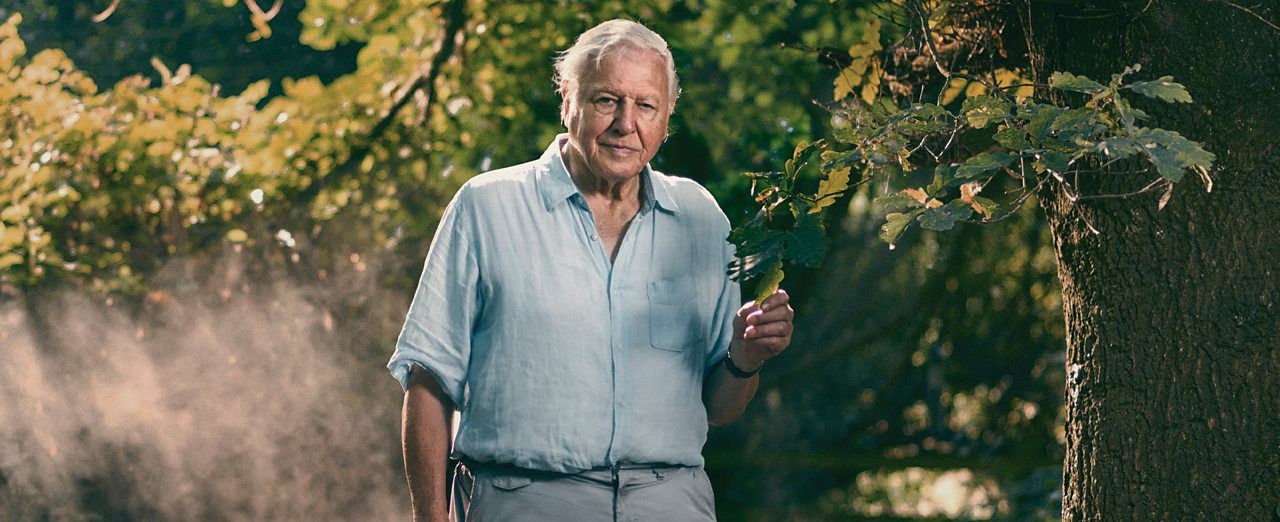For decades David Attenborough has blessed us with picturesque, tropical landscapes and calming narration. His new heartfelt documentary, Extinction: The Facts, is the brutally honest perspective on climate change that we desperately needed. Attenborough exchanged his usually cheerful disposition for a more strikingly solemn tone to discuss the consequences of our ever-increasing consumerism. Joined by a host of experts who have each been advocating for environmental change for decades, the show provided a far more personal and profound approach to environmentalism – eloquently explaining how the UN and governments across the globe are failing the fight against mass extinction.
According to a 2020 analysis, the UK failed to meet 17 out of 20 UN biodiversity targets set in 2010 – a disgraceful 15% success rate. In the last decade, UK wildlife funding has plummeted by £250 million, and continued government ignorance has led to an exponential rise in extinction rate with a minimum of 10,000 species disappearing from our planet every single year. One example Attenborough noted was famous orcas of the Scottish coast, of which only a pod of 8 is left. The body of one of the last Scottish female orcas, named Lulu, was sadly found entangled in a fishing line. Toxic levels of PCB, an industrial waste compound, had infiltrated many of Lulu’s organs including her ovaries… She was infertile. This would explain the sudden lack of calves and declining population of this pod and the many others that call our oceans home. The chemicals in PCB may also have affected brain function, causing Lulu to slowly lose her ability to swim, eventually becoming too weak to avoid or escape this fishing line. Despite bans that restrict the use of harmful compounds, PCBs are extremely stable and can take months to degrade, allowing them to accumulate in our waters, in our animals and ultimately, in us.

The rise of the climate change death toll isn’t just down to singular events, like Lulu’s death, but also includes the many lives lost this year because of coronavirus. Deforestation causes human settlements and agriculture to venture further and further into uncharted territory, interacting with any number of disease-infested animals – many of which are captured and sold in busy markets, creating the perfect conditions for the virus to spread. In the same way that a chimpanzee’s virus jumped to infect humans in the HIV/AIDS pandemic, the bat’s virus jumped to infect humans with Covid-19 late last year. Attenborough explained that the incredible speed at which we displace, hunt, and sell wild animals has a direct correlation to the increase in dangerous diseases affecting humans. Professor Elizabeth Hadley, a renowned author and a leading expert in environmental biology, stated that there will soon be around five new diseases every year, potentially even more catastrophic than Covid-19; a feat neither our economy nor immune systems can overcome – much like my desire to be at a pub later than 10pm.
Attenborough, along with all the other experts, highlighted the importance of rising from this pandemic with a new initiative. Both economically, by advising the government to invest in sustainable systems that will advance the economy and help build a better relationship with the natural world; and politically, by enforcing strict international legislations against throwing away large quantities of toxic industrial waste, deforestation for agriculture and the brutal hunting and selling of endangered wild animals.
“A future where people are taught to respect the value of nature, rather than see it as a resource to be exploited.”
In a heart-wrenching final scene, James Mwenda, caregiver for the last two white rhinos, spoke wistfully of a future where people are taught to respect the value of nature, rather than see it as a resource to be exploited. Laying down next to the final white rhino, kept shrouded in a sanctuary – whose ancestors once proudly wandered through our vast savannahs in herds, Mwenda noted profoundly, “our planet is an integral part of our existence”.
By Tharushi Wijesiri
Header image: BBC

